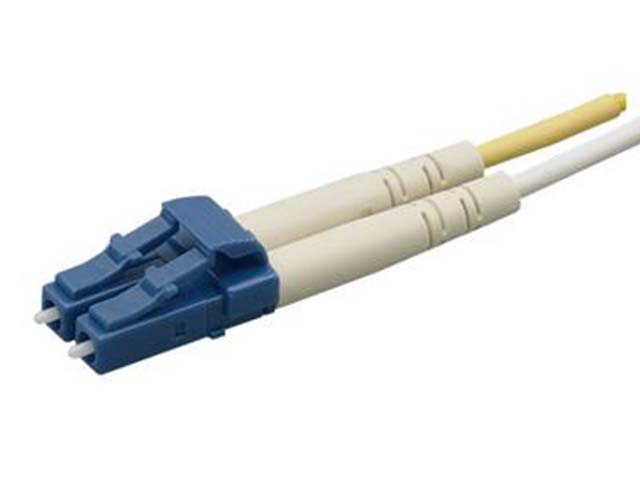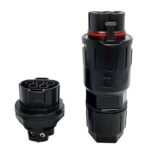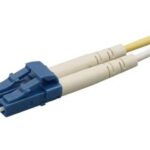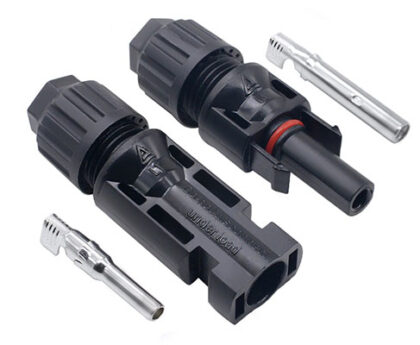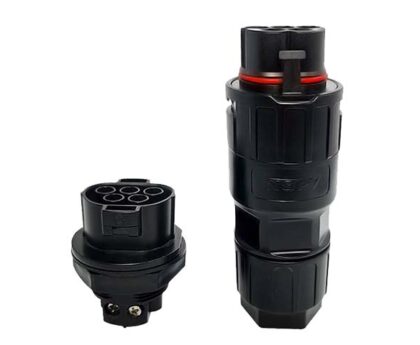Fiber optic cables are an essential component of modern telecommunications systems, and the connectors used to join these cables together play a crucial role in maintaining signal integrity. Two commonly used types of connectors in fiber optic systems are UPC (Ultra Physical Contact) and APC (Angled Physical Contact).
What are UPC Connectors?
UPC connectors are characterized by their smooth, polished end faces. They are designed to provide low insertion loss, which refers to the amount of signal power that is lost when the connector is inserted into a port. This makes UPC connectors well-suited for high-speed telecommunications applications.
What are APC Connectors?
APC connectors, on the other hand, have an angled or beveled end face. This unique design helps to reduce reflection of the signal, resulting in higher return loss (the amount of signal power reflected back towards the source). APC connectors are often used in applications where a cleaner signal is required, such as CATV (Cable Television) and military communications.
Differences Between UPC and APC Connectors
While UPC and APC connectors may seem similar at first glance, there are several key differences between the two types:
- Physical appearance: As mentioned earlier, UPC connectors have a smooth finish, while APC connectors have an angled end face.
- Insertion loss: UPC connectors generally have lower insertion loss than APC connectors. This makes them a good choice for high-speed telecommunications systems, where minimizing signal loss is a top priority.
- Return loss: APC connectors, on the other hand, have higher return loss due to their angled end face. This makes them a good choice for applications where a cleaner signal is required.
- Compatibility: UPC connectors are typically compatible with both UPC and APC ports, while APC connectors are only compatible with APC ports. This means that UPC connectors have a wider range of compatibility, but may not provide the same level of signal purity as APC connectors.
- Applications: As a result of their different characteristics, UPC and APC connectors are used in different types of applications. UPC connectors are often used in high-speed telecommunications, while APC connectors are used in applications where a cleaner signal is required (e.g. CATV, military communications).
Are UPC and APC compatible?
In general, UPC connectors are typically compatible with both UPC and APC ports, while APC connectors are only compatible with APC ports. This means that UPC connectors have a wider range of compatibility, but may not provide the same level of signal purity as APC connectors. It is important to note that the compatibility of fiber optic connectors can depend on various factors, such as the type of fiber optic cable being used and the specific requirements of the system. It is always a good idea to check the compatibility of the connectors and ports in your system and ensure that they are properly matched.
Conclusion
In summary, UPC and APC connectors are two commonly used types of connectors in fiber optic systems. UPC connectors have a smooth finish and are known for their low insertion loss, making them a good choice for high-speed telecommunications. APC connectors have an angled end face and are known for their high return loss, making them a good choice for applications where a cleaner signal is required. Both types of connectors have their own advantages and are used in different applications based on the specific requirements of the system. When choosing between UPC and APC connectors, it is important to consider the specific needs of your system and do further research to determine the best fit.
